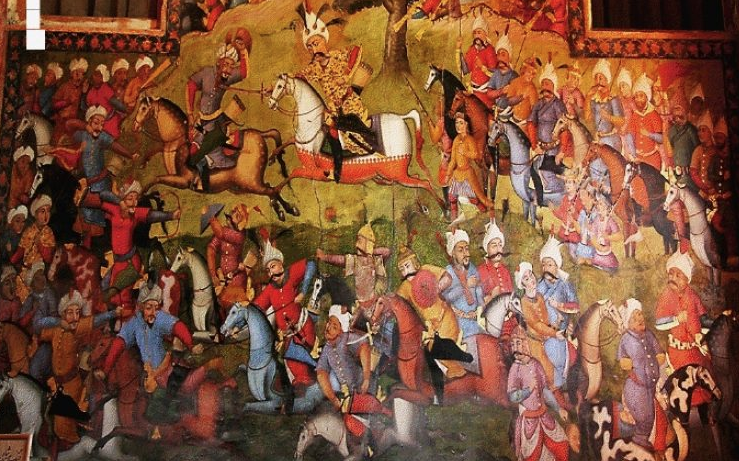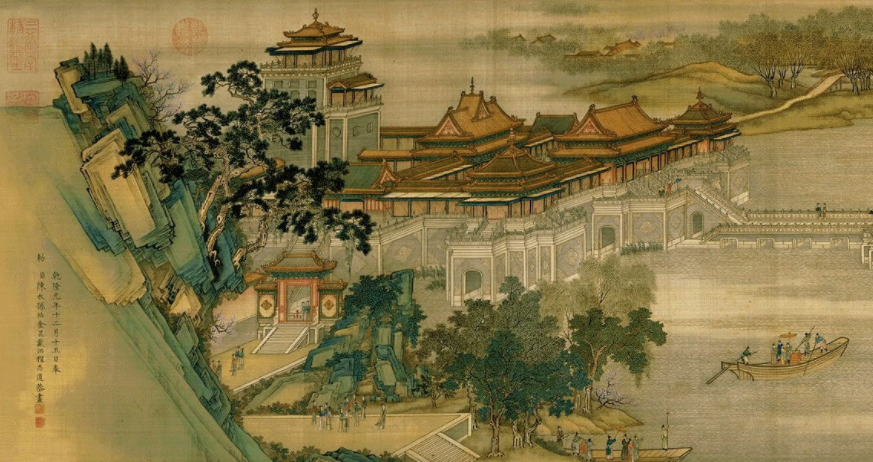Reasonable FIR between African and Chinese 4.0 businesses
African entrepeneurs to Chinese and Latin America industries 4.0.
Any business can benefit from Industry 4.0, it’s all about thinking smarter?
Take the integration of software. Done effectively, this can assist with automated production, in our case, automated ads via our business language Logometry.
Even a simple pump, tasked with distributing product from one source to another, becomes exponentially more valuable when connected, this will be possible via Global Barter Sylodium.

Job opportunities for African experts or visionaries in Industry 4.0
Help us in our projects, Heminemetics, Logometry, and Rexiology via Sylodium.
The level of China’s investment in Africa is increasing fast but Industry 4.0 is the current trend of automation and data exchange in manufacturing technologies, so, you can be a follower or a leader in China – Africa 4.0
For ex.
1 DC Torque Tool Market , a system used for fasten the process of torque and automation and to provide precise, accurate and repeatable torque control.
2 SEA Vision is a leader in developing software for vision systems, and is rapidly expanding in both its number of employees and finances, which makes it valuable in the eyes of companies in the US, North Africa, China, Russia, Brazil, and the EU that are working on the mandatory serialization of medicines
In any case, you can build your own niches inside sylodium’s system as China – Africa FIR games, Latam – Africa 4.0, Guangdong – West Africa 3D APPS, Mexico – Nigeria FIR, Hong Kong – South Africa reasonable FIR, Shenzhen – East Africa FIR APPS, Colombia - North Africa 4.0 trade.
Forbes Insights, in conjunction with Deloitte Global, conducted a global survey of 1,603 CXOs to better understand their perspectives on Industry 4.0. All respondents were from organizations with annual revenue greater than US$1 billion, with average revenue of US$7.4 billion. The CXOs lead organizations in Australia, Brazil, Canada, China, Denmark, Finland, France, Germany, Iceland, India, Japan, Mexico, Netherlands, Norway, South Africa, Spain, Sweden, United Kingdom and the United States.
Are you an expert (or visionary) in some matter about Industry 4.0?
With which Latin American country would you like specially to trade with? Mexico, Colombia, Argentina, Venezuela…
the Leading countries in Industry 4.0 are currently the more economically developed nations of the world, Europe and North America. What about Central/Latin America, Asia and Africa? Couldn't be the time to rotate your country, to rotate the South to the North step by step?
We can make money together: we need your talent to build BCB (beneficial circuit business) and to build APPS 4.0 (IoT-IIoT, AI, BD, 3D printing…) between China and Latin America towards Africa, inside our system, contact us here info@sylodium.com

Industry 4.0 may lead to social upheavals, income inequality?
India, South Africa and China may face "social upheavals and increased income inequality" in the future due to increasing adoption of emerging technologies like artificial intelligence, says a report. According to the research report by Deloitte Global, while executives conceptually understand the changes the fourth industrial revolution (Industry 4.0) will bring, they are less certain how they should act to benefit from those changes. The findings were released at the World Economic Forum's (WEF) annual summit yesterday. Industry 4.0 is characterised by digital technologies, such as analytics, artificial intelligence, cognitive computing and the internet of things (IoT). "Three countries in particular -- India (32 per cent), South Africa (28 per cent) and China (23 per cent) -- envision social upheavals and increased income inequality as a result of Industry 4.0," the report noted.
One-fifth of respondents think they will face social upheavals and increased income inequality, while North American and Latin American executives are the least concerned (8 per cent and 6 per cent respectively), it noted. The survey noted that only 8 per cent of APAC executives see themselves as highly capable to act as 'stewards' during this time of change and disruption. The EMEA region's confidence is more moderate, at 36 per cent. "The rapidly advancing technologies driving Industry 4.0 are bringing about social and economic change rapidly in an environment of unparalleled global connectivity and demographic change," said Punit Renjen, Deloitte Global CEO adding, "It's a time of great opportunity, but also risk". "I believe those who take a broad view will be the ones to succeed in this new era," noted Renjen.

